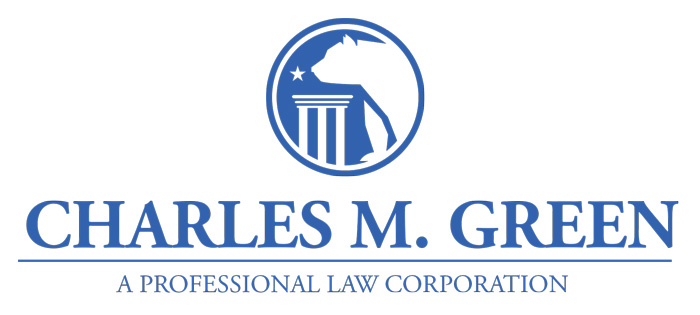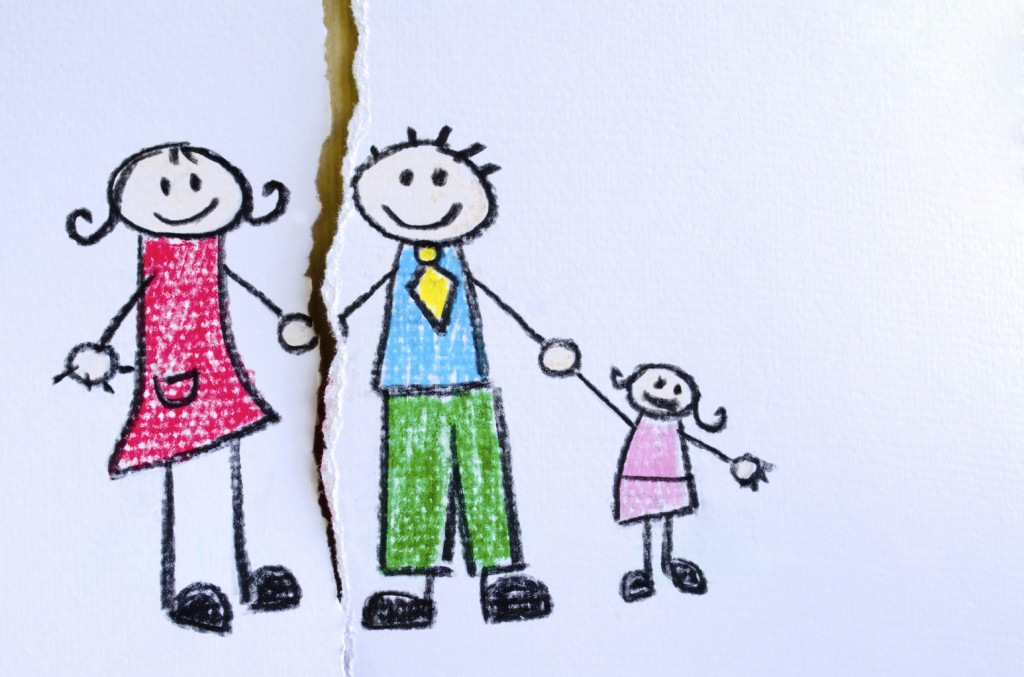1) What are the grounds for dissolution of marriage (divorce)?
California was the first state to implement the “no-fault divorce” concept. In California, dissolution of marriage can be granted if the court finds “Irreconcilable differences” that have caused an irrevocable breakdown of the marriage.
Consequently this means that if a married person wishes to terminate the marriage, he/she can do so, even if the other spouse disagrees.
2) Are there any residency requirements needed in order to obtain dissolution of marriage?
In order to qualify for a dissolution of marriage, one of the spouses must have been a resident of the state for a continuous six month period and of the county for a continuous three month period prior to the filing of the Petition for dissolution.
3) After the dissolution case is filed, how long does it take to get the marital status terminated?
Marital status cannot be terminated until six months have passed since the service of the Summons and Petition was affected.
4) What is the procedure for obtaining a dissolution of marriage (divorce) ?
A typical dissolution of marriage requires the following steps:
- The Petition (Family Law) is filed and personally served on the Respondent.
- The Respondent then has thirty days to file a Response (Family Law).
- One of the parties to the dissolution will usually request temporary court orders by filing for an Order to Show Cause hearing. At this hearing, the judge will make temporary child custody, support and restraining orders.
- The parties then engage in Discovery. This is the process by which parties of the dissolution exchange information and documents that are relevant to the case.
One of the required aspects of Discovery is the preparation of the Preliminary Declaration of Disclosure. This is a court form in which each party lists the community and separate property. As part of this disclosure, the parties are also required to exchange current Income and Expense Declarations. Other forms of discovery are interrogatories (written questions) and depositions (oral examination under penalty of perjury)
- After the Discovery is completed the parties and their attorneys (if they are represented) will discuss settlement of the case.
- If the case is resolved by agreement, one of the attorneys will prepare a Marital Settlement Agreement, which will contain all of the terms of the agreement. This is a contract that is signed by the spouses and their attorneys.
- If the parties are not able to agree on all of the issues in the case, a trial will take place.
- After the parties sign the Marital Settlement Agreement or after the trial has concluded, one of the attorneys will prepare a Judgment of Dissolution of Marriage.
For more information or assistance, feel free to contact California Family Law Specialist & Los Angeles divorce attorney, Charles M. Green. His experience includes successfully litigating against the major family law firms in Los Angeles. With over 18 years of California family law experience, he can get you the best possible results for your case in the courtroom.


